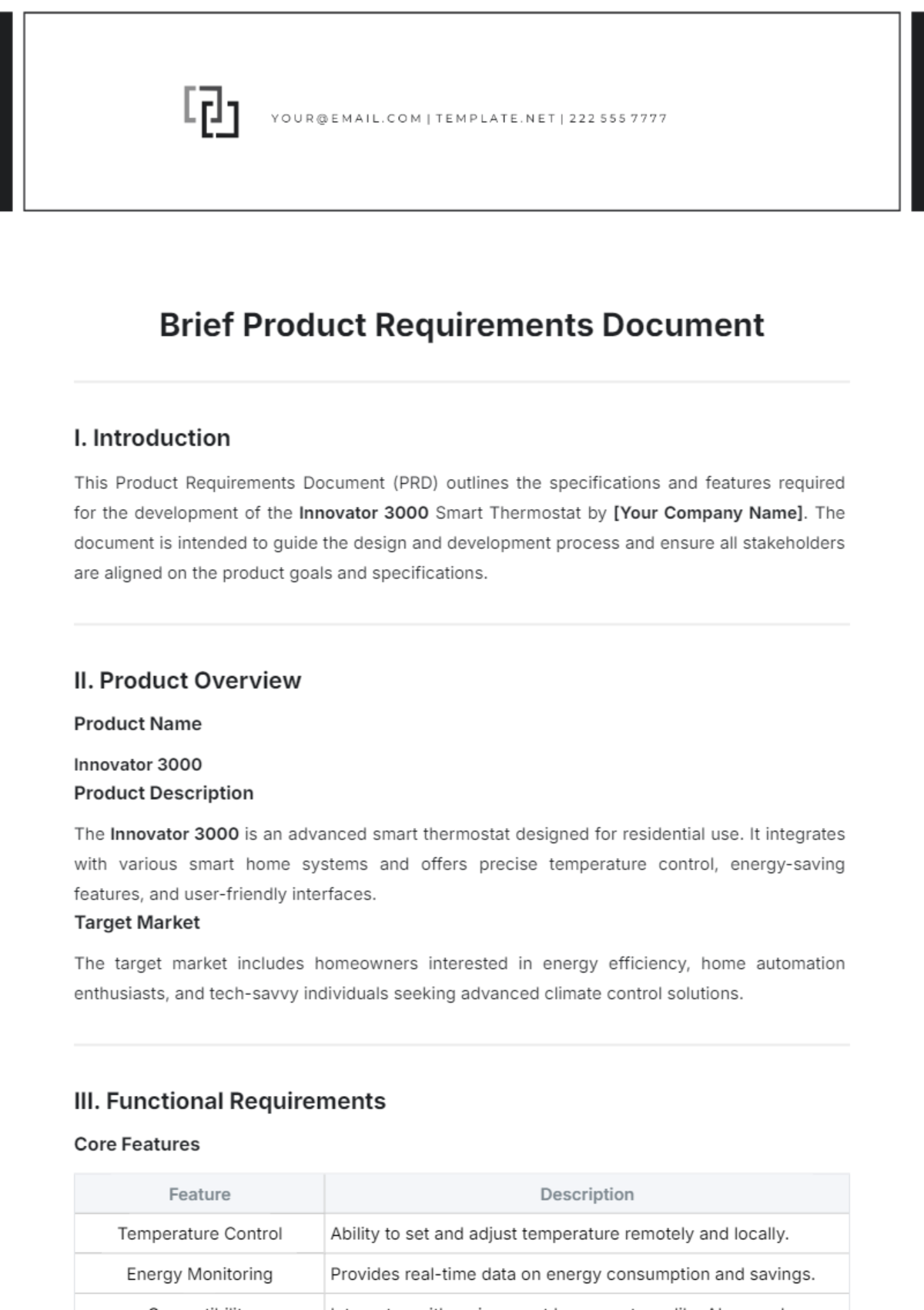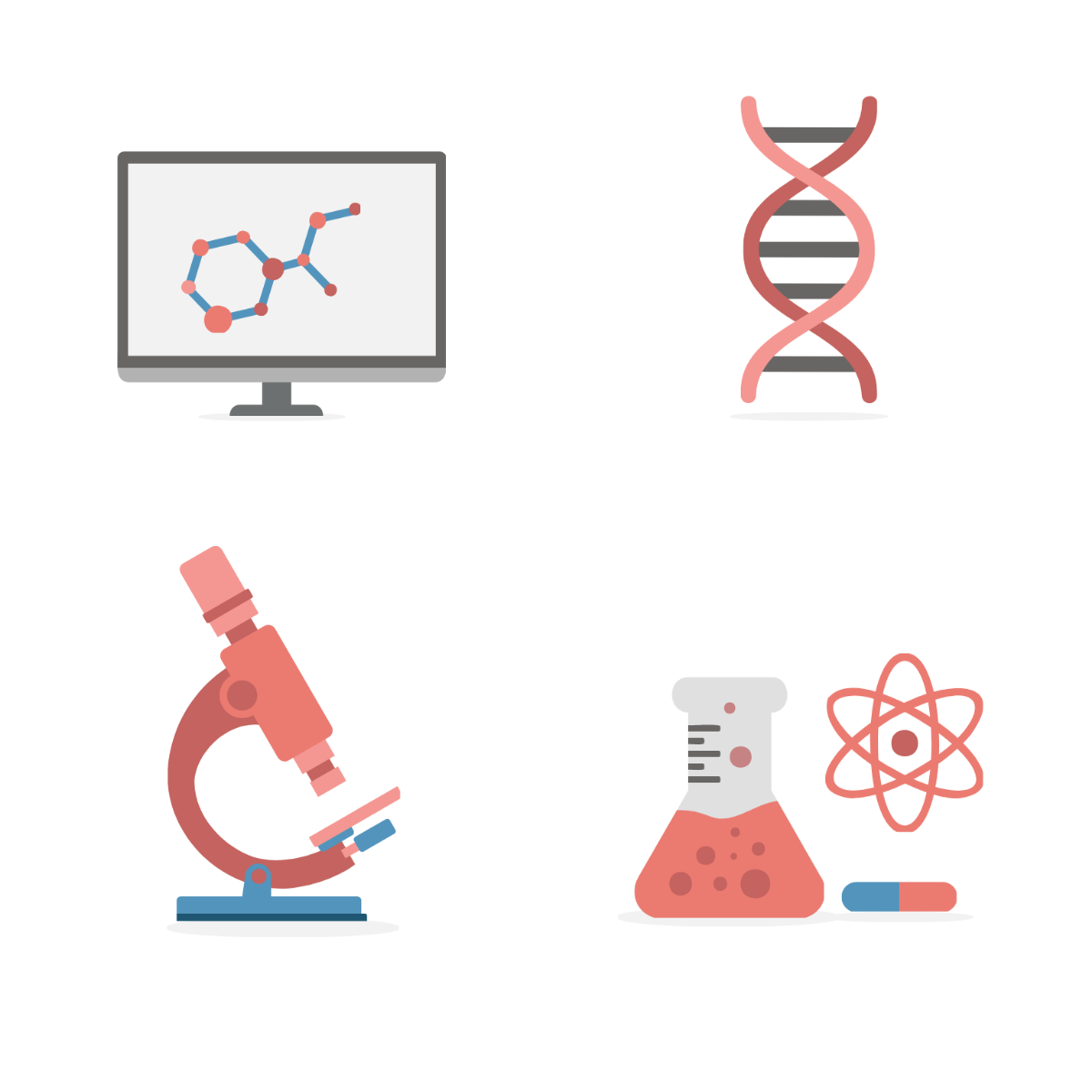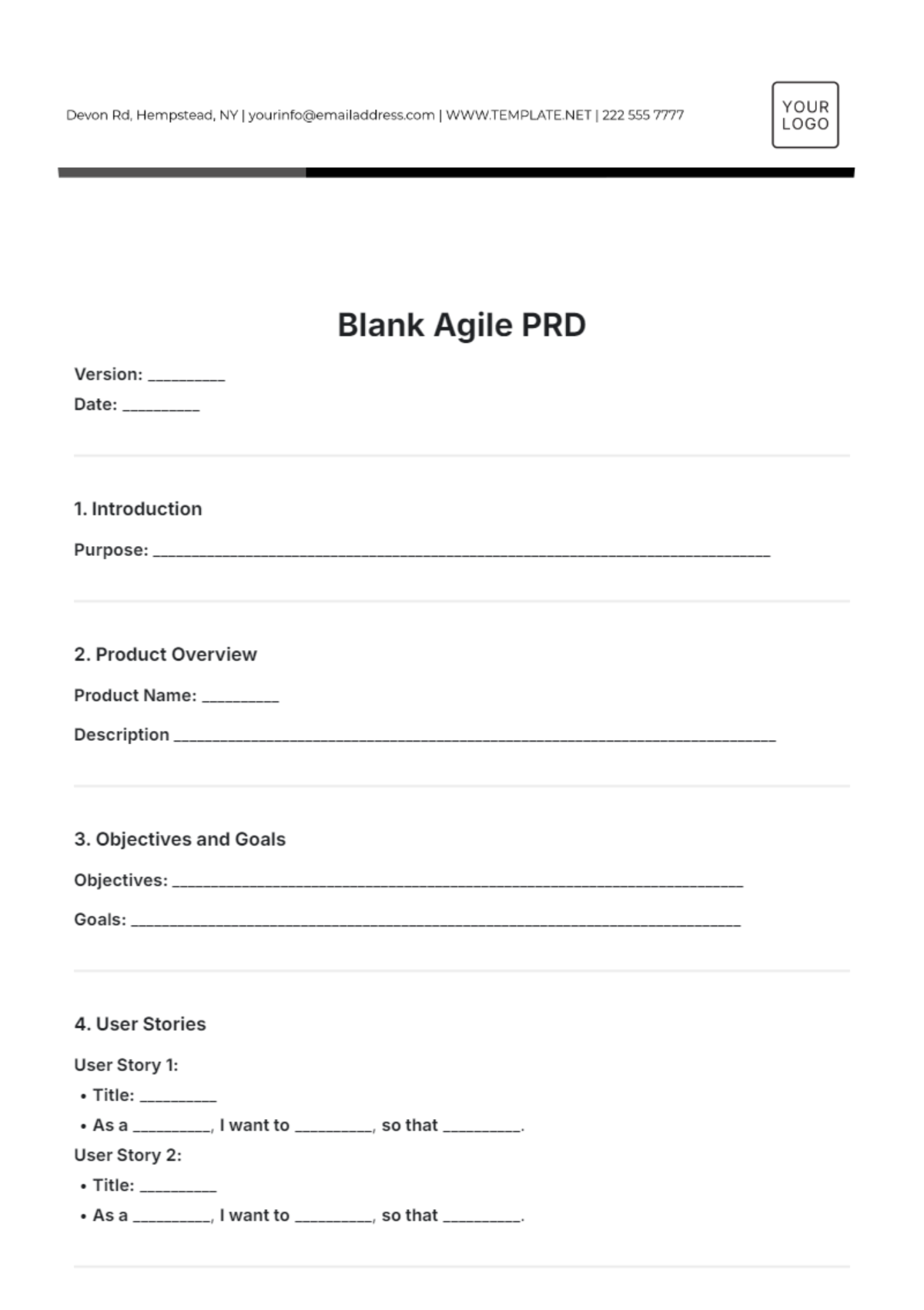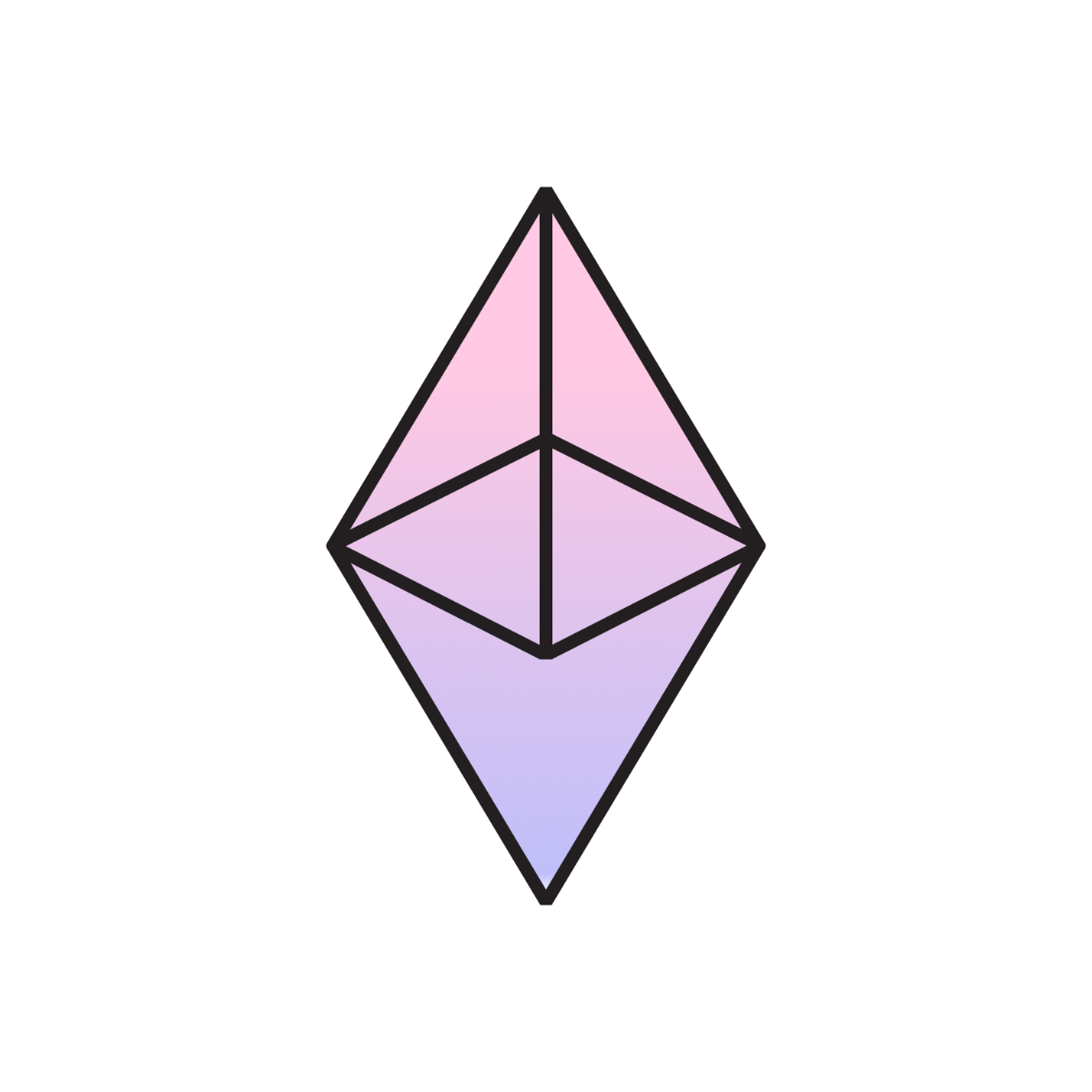TECHNICAL ARTICLE
"Understanding Complex Concepts: A Comprehensive Guide"
Prepared by: [Your Name]

I. Introduction
In today's fast-paced world, where technology and innovation are driving forces behind progress, understanding complex concepts is more crucial than ever. Whether you're a seasoned professional in your field or a curious enthusiast eager to delve deeper, this technical article aims to provide you with a comprehensive guide to unraveling intricate ideas and technologies.
II. Defining Complexity
Complex concepts often defy simple explanations, requiring a nuanced understanding of underlying principles and interconnected systems. At the heart of complexity lies a web of interdependencies, where each component influences the behavior of the whole. To navigate this labyrinth of intricacies, it's essential to break down complex concepts into digestible components, elucidating their fundamental building blocks and relationships.
Key Characteristics of Complexity:
Non-linearity
Emergent behavior
Uncertainty
Dynamical systems
III. Strategies for Understanding Complexity
Successfully unraveling complex concepts demands a strategic approach, combining analytical thinking with creativity and perseverance. Here are some effective strategies to enhance your understanding:
Systems Thinking: Adopt a holistic perspective, recognizing the interconnectedness of elements within a system and their collective behavior.

Visualization Techniques: Use diagrams, flowcharts, and models to represent complex relationships visually, aiding comprehension and insight.
Interdisciplinary Approach: Draw upon insights from diverse fields to gain new perspectives and uncover hidden patterns or analogies.
Iterative Learning: Embrace a process of continuous learning and refinement, iterating upon your understanding through experimentation and feedback.
IV. Case Study: Unraveling the Complexity of Neural Networks
To illustrate these strategies in action, let's delve into a case study on the complexity of neural networks, a fundamental concept in artificial intelligence (AI).
Introduction to Neural Networks: Neural networks are computational models inspired by the structure and function of the human brain. They consist of interconnected nodes, or neurons, organized into layers, each processing and transmitting information through weighted connections.
Understanding Complexity Through Visualization: Visualizing the architecture of a neural network using diagrams can elucidate its intricate layers and connections, facilitating comprehension of how information flows and transformations occur.
Interdisciplinary Insights: Drawing upon insights from neuroscience, mathematics, and computer science, we can deepen our understanding of neural networks, exploring parallels between biological neural networks and their computational counterparts.
Iterative Learning Approach: By experimenting with different network architectures, adjusting parameters, and observing the resulting behaviors, we iteratively refine our understanding of neural networks, uncovering their capabilities and limitations.

V. Conclusion
In conclusion, unraveling complex concepts requires patience, persistence, and a multifaceted approach. By embracing strategies such as systems thinking, visualization techniques, interdisciplinary insights, and iterative learning, you can navigate the maze of complexity with confidence and clarity. So, embark on your journey of exploration, armed with the tools and mindset to conquer the most intricate of concepts.
About the Author:
[Your Name] is a seasoned [Your Position] with [Your Company Name], a leading provider of [Your Company's Area of Expertise]. With a passion for simplifying complex concepts and sharing knowledge, [Your Name] has authored numerous articles and publications on topics ranging from [Your Area of Expertise]. Visit [Your Company Website] to explore more insights and resources from [Your Company Name].

















































